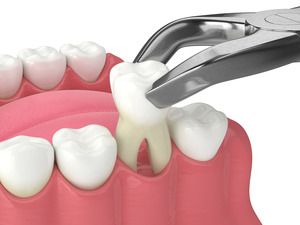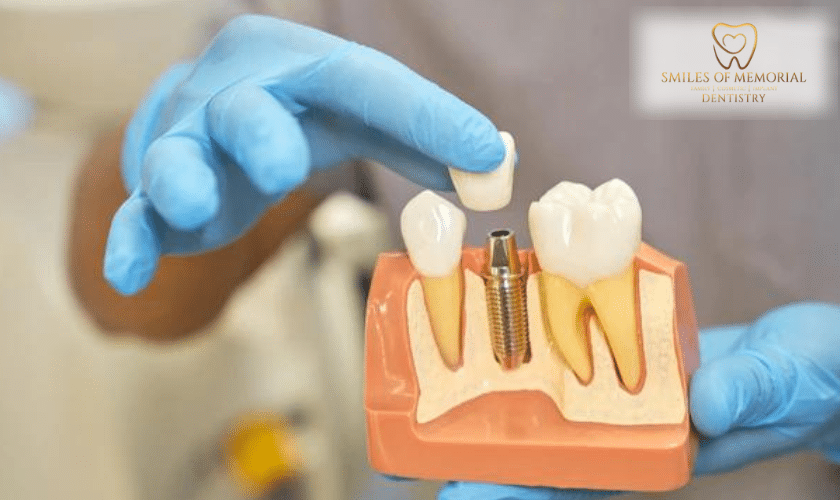
Dentists typically treat tooth extraction as a last resort; they prefer to save teeth whenever possible so that their patients can keep their natural smiles intact. However, there are cases where removing a tooth may be the only viable option. Are you trying to figure out whether you might need a tooth extraction in the near future? Here’s a look at 5 reasons why the procedure might be necessary.
(more…)








